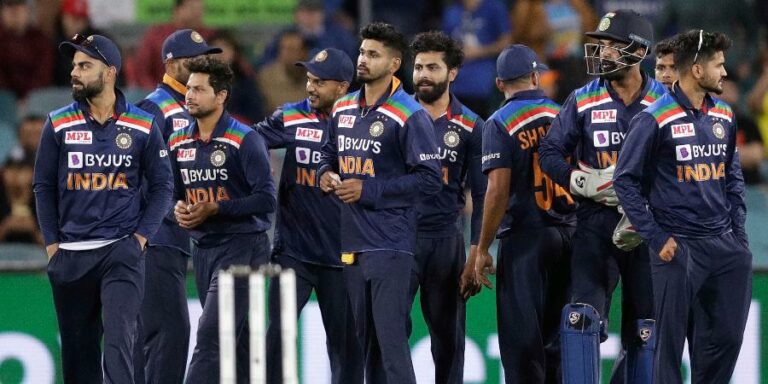The Economics of Hosting Domestic Cricket Tournaments
11xplay, 11xplay Pro: Generating revenue in the realm of cricket involves a delicate balance of various factors working in unison. One key aspect that heavily influences revenue is the popularity of the sport itself. The level of interest among fans dictates the viewership numbers, ticket sales, merchandise purchases, and ultimately the revenue streams for cricket boards and teams.
In addition to popularity, the performance of national and international teams also plays a pivotal role in revenue generation. Success in tournaments, series wins, and star players performing consistently all contribute to attracting fans towards the sport. This increased engagement can result in higher broadcasting deals, sponsorship opportunities, and increased ticket sales, thereby bolstering the revenue streams for cricket organizations.
Costs Associated with Hosting Domestic Cricket Tournaments
When it comes to hosting domestic cricket tournaments, there are several cost factors that need to be carefully considered. One significant expense is related to securing venues for matches, which includes expenses for renting the stadium, facilities maintenance, and ensuring proper seating arrangements. In addition, the costs associated with preparing the pitch and outfield to meet the required standards can also add up significantly.
Another essential cost consideration in hosting domestic cricket tournaments is the expenses related to player accommodations and travel. Teams need to be provided with suitable lodging options, transportation to and from the venue, as well as meals during their stay. Ensuring the comfort and convenience of the players is crucial, as it directly impacts their performance on the field. All these costs combined can make hosting domestic cricket tournaments a substantial financial commitment for the organizing bodies.
Sponsorship Deals and Their Financial Impact
Sponsorship deals play a crucial role in the financial landscape of hosting domestic cricket tournaments. These partnerships not only provide the necessary funding for organizing such events but also contribute significantly to the overall revenue generation. Companies that sponsor cricket tournaments benefit from extensive brand exposure and the opportunity to connect with a wide audience of sports enthusiasts.
Furthermore, sponsorship deals can have a ripple effect on the financial performance of cricket teams and organizations. By securing substantial sponsorship agreements, teams can invest in better training facilities, equipment, and talent recruitment, ultimately enhancing their competitiveness in the league. The financial impact of these deals goes beyond mere monetary transactions, as they foster long-term relationships between sponsors and cricket entities, driving mutual success and growth in the sports industry.







